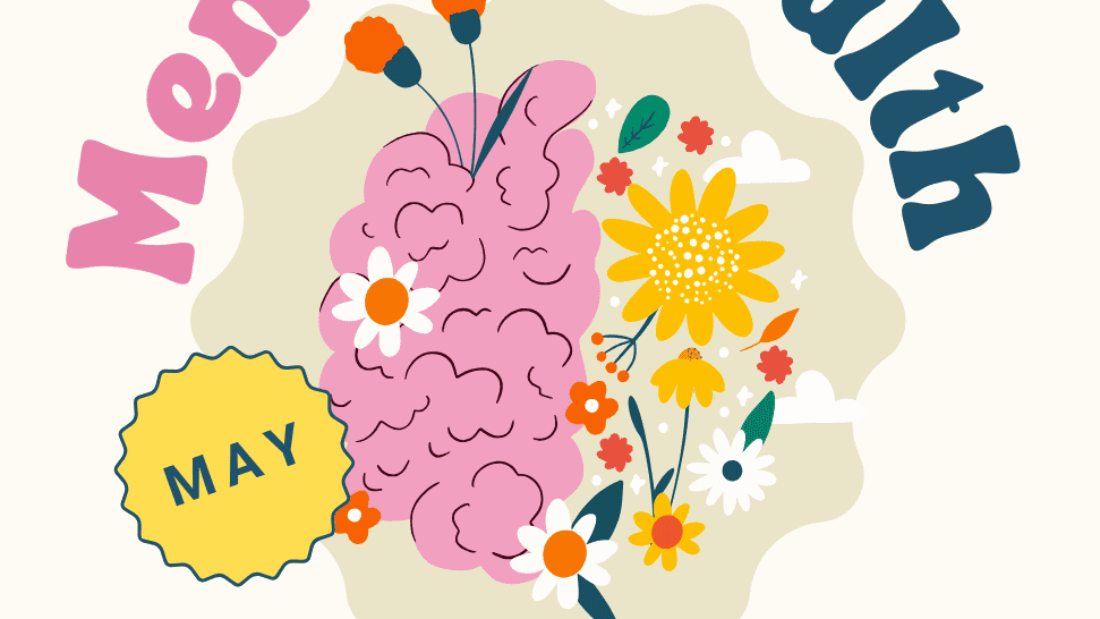Every parent aims to equip their children with the tools they’ll need for a happy, healthy life. There is one aspect of health, however, that is often overlooked but is just as critical as physical well-being: mental health. Parents who strive to educate their middle schoolers about Mental Health Awareness Month hold the key to shaping a generation of empathetic, resilient individuals. The middle school years are formative, making it an ideal time to instill a deep understanding of mental health in ways that are both relatable and impactful.
Mental Health Awareness Month, celebrated every May, is a vital period for highlighting the importance of mental well-being. While it can seem like an intricate topic, it doesn’t have to be overwhelming or confusing for young minds. The goal is to break it down in a way that feels approachable and relevant to their daily lives.
First and foremost, open communication is essential. Parents can start these conversations by exploring relatable scenarios their children may encounter, such as stress before exams or feeling left out on the playground. Explaining that these experiences can affect one’s mental state helps children realize mental health is a part of everyday life, not a distant or abstract concept.
Next, parents can use age-appropriate language to explain terms like “anxiety,” “depression,” and “stress.” Clarify that these are just words to describe feelings everyone has, and there’s no shame in experiencing them. By normalizing these discussions, parents can help remove the stigmas often associated with mental health.
Storytelling is a powerful tool. Sharing age-appropriate stories of individuals—whether public figures or people the child knows—who have navigated mental health challenges successfully can inspire and empower middle schoolers. These narratives humanize mental health struggles and underscore the message that seeking help is both brave and beneficial.
Parents can also emphasize self-care and coping strategies by modeling good habits themselves. Demonstrating activities like journaling, meditation, and open dialogue about daily feelings showcases practical ways to maintain mental health. This approach builds a toolkit that children can use not just now, but throughout their lives.
Finally, encouraging advocacy and empathy is the next step. Motivate children to support friends who might be experiencing difficulties. Teach them to recognize the signs of someone who might need help and discuss ways to offer support or seek adult guidance.
By demystifying mental health and highlighting its importance, parents can guide their middle schoolers to be both self-aware and compassionate individuals. Mental Health Awareness Month serves as a perfect platform for fostering these invaluable life skills. In doing so, parents aren’t just equipping their children to face their own challenges, but also nurturing a generation ready to advocate for the mental well-being of themselves and others. At the core, it’s about building a future where everyone feels understood,
supported, and never alone in their struggles.


Leave A Comment